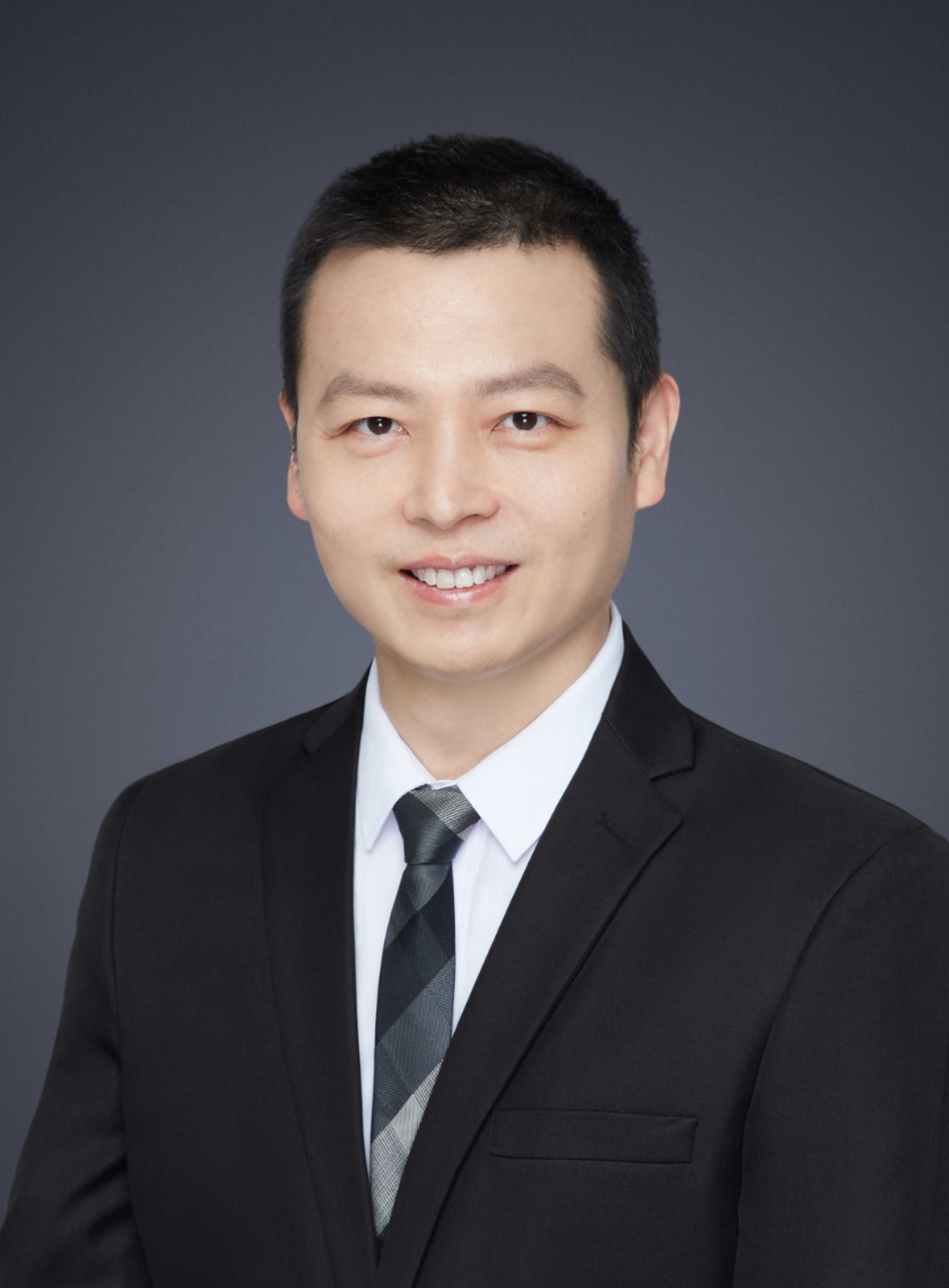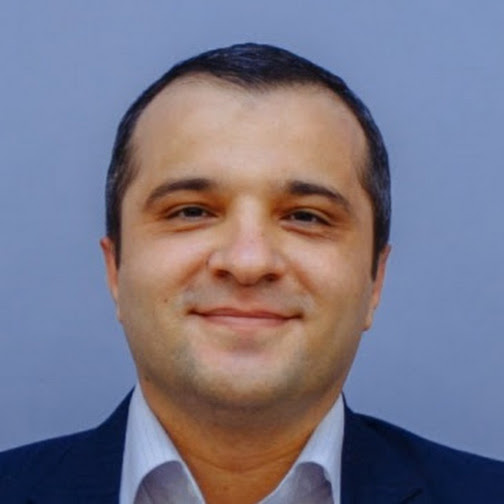Keynote Speakers
Dr. Hongbin Ma, Professor
School of Automation, Beijing Institute of Technology, ChinaSpeech Title: To be updated
Abstract: To be updated
Biography: Dr. Hongbin Ma has been a Professor at the School of Automation, Beijing Institute of Technology since he joined Beijing Institute of Technology in 2009. He received his bachelor degree from Zhengzhou University in 2001 and doctoral degree from the Academy of Mathematics and Systems Science, Chinese Academy of Sciences in 2006. He joined Bell Labs Research Center at Beijing in March of 2006 and later joined Temasek Laboratories, National University of Singapore in August 2006 as a Research Scientist. His research focuses on adaptation, learning and recognition, especially adaptive estimation and control, as well as their applications in robots, smart cars, and UAVs. He is also a senior member of IEEE and Automation Society of China. Dr. Ma is the principle investigator of several scientific projects supported by National Natural Science Foundation (NSFC), the programme of New Century Excellent Talents in University by Ministry of Education, the programme of Beijing Outstanding Talents Project, and so on. He also won several awards, such as Beijing Natural Science Award, Wu Wenjun Artificial Intelligence Award, Outstanding Research Work Award, etc. Dr. Ma has published more than 100 academic papers in reputable journals or conferences. And under his supervision, a dozen of students have performed well in scientific research, innovation contests, and are establishing themselves.
Dr. Samad Noeiaghdam, Research Professor
Henan Academy of Sciences, Zhengzhou, ChinaSpeech Title: To be updated
Abstract: To be updated
Biography: Prof. Samad Noeiaghdam, PhD of Applied Mathematics, is Research Professor of Henan Academy of Sciences, Zhengzhou, China. He was an Associate Professor of Irkutsk National Research Technical University, and a Senior Researcher in South Ural State University, Russia during 2019-2024. His main research interests are numerical analysis, solving mathematical models, fuzzy problems with applications, energy system problems, load leveling in energy storage, supply and demand systems, MHD and heat and mass transfer problems. He has more than 190 publications including several high-quality papers in top journals as well as books, chapters and conference papers. Because of his high-level activities in research and contribution to mathematical advancement globally he has been acknowledged as one of the top 2% scientists by Stanford University. He is the member of editorial board and guest editor in various journals and special issues.


